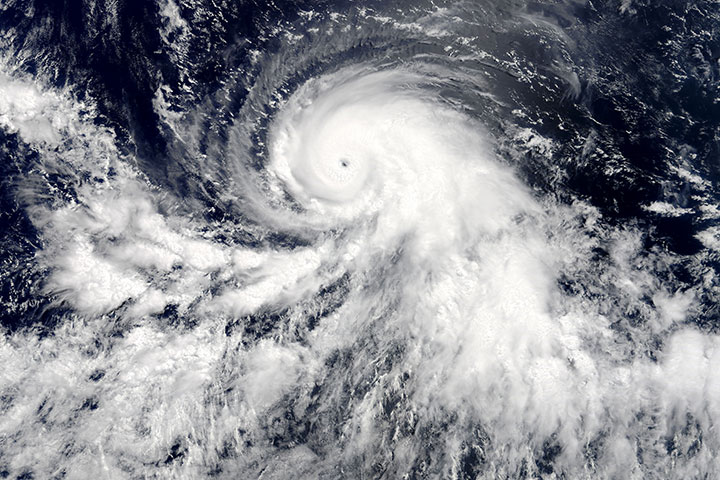Yesterday the nation heard about the eight frail elderly people who perished from heat exhaustion and dehydration. They had survived the hurricane and their care facility was right next door to a huge hospital, yet it seems that no one checked on them, at least not anyone who helped.
What Went Wrong?
It was reported that the care facility had been cited numerous times for violations and was still allowed to stay open. Even their back-up generators were compromised and this was known before Irma ever was a threat. These violations should have been resolved and families of the residents should have been notified. Yet it seems no one was.
The health and well-being of our older loved ones is dependent on us — the ones who love them. We shouldn’t settle on the words of a facilitator or administrator to know the status of the facility where our loved one lives. We need to know independently of those who run the facility.
Here in California, you may visit your state Ombudsman website and find out how your parent’s facility is ranked and if there are any violations on record. You may also contact Health and Human Services to see if there are problems or violations. These are generally county-run agencies. Your local Area Agency on Aging (AAA’s) is prepared for disasters and will assist you. It’s worth your time to do this. It’s also very good to have their number handy in case you need them to check on your loved one.
Your Own Presence During a Disaster
The best way to know how your loved one is coping is, of course, to go and check. If that is possible, that’s the surest way to see if everything seems good at the facility. Look around to see if power is on and working as usual. Visit the kitchen and see if it is functional. Take note if the facility seems to be fully staffed. Talk to your loved one and other residents. They live there. They know when something is off. If you’re still concerned after visiting, do your best to take your loved one home.
When we live a good distance away from a loved one in a care facility, we need to know more than just the number to the administrators. If you have family or friends in the area, ask them to go for a visit. Let them know what to look for.
Know the number of the local police department and the nearest social services agency. If you can’t be there and have concerns about your loved one, these numbers are vital for you to have on hand. Both of these agencies can go in for a wellness-check and they know what to look for.
Keep a list handy of your emergency numbers and write down what to look for at a facility should the need arise. Knowing what to do before a disaster or crisis will bring you a lot of peace of mind.
